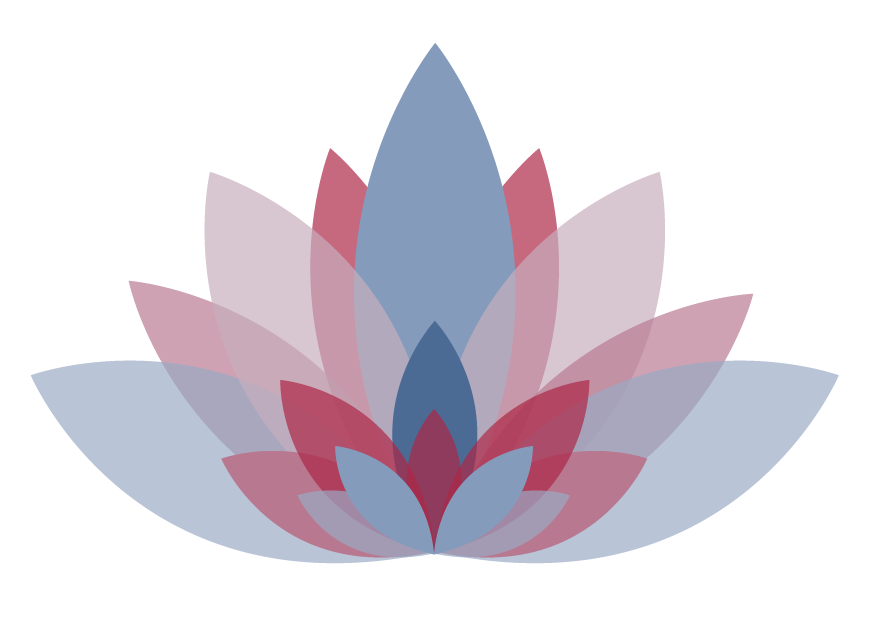Make 2021 Count for Yourself
Happy New Year! It’s January, thank goodness. I think we’re also excited to have a new year. Even though it’s troubling out there in the nation, we can concentrate on ourselves in this moment. And that’s what I wanted to share with you guys. I do this with my clients and I wanted to give it to everybody else. So we can get centered for this year. The document helps us pay attention to our year, and who we are. It is the beginning of a vision board, it can be your vision board. I fill out one for myself and I do this every year just to center myself. So, it’s not about resolutions that are kind of in the door, out the door, it’s more about what are my priorities, what is my purpose, and what are my values. From this worksheet, you can make goals for yourself for this year. You can have long-term goals, you can have short-term goals, however, you can come back and just be centered.
I know these are hard things to come up with, however, it doesn’t have to be perfect, be brave, and not perfect, as Reshma Saujani said. And just to give you an example of my purpose, which I took away from positive psychology, Marty Seligman, is my purpose is to inspire, grow and challenge myself and others in spiritual, physical, intellectual, relational, and emotional areas. This grounds me because I really like to feel the growth and progress. Then I have my values which are love, community, and act. Community equals connection for me. Love is about having unconditional positive regard to everyone I meet. Act is action, because I can stay idle sometimes and just think too long about things, and if I act I feel better. For example, exercise in the morning. If I think too hard about it I will not do it. If I live out my values to act then I just do it.
Values
After my values, then I can list my priorities in these circles and what I want to pay attention to this year. For instance, continuing education is a huge priority of mine, so what am I gonna focus on this year? And just for an example, I really wanna focus on my writing this year so a goal of mine this year is to sign up and attend a writing class. The other priority of mine is health. I wrote down all the things that I like to do health-wise, running, play golf, workout. In this category, that’s where I’m going to spend my time. Putting it as a priority helps me stay physically and emotionally well.
Spiritual Growth
Another priority is spiritual growth. I have a therapist, I try to meditate, I have a program that I’m involved in. I have a team of people that I go to when I need to talk things through. I also have a coach. If I’m stuck in a certain area of my company, I will call my coach. If I’m wanting to talk about something in my past or process something that’s going on, if I’m feeling really overwhelmed, I will call my therapist. So, it’s your road map of your priorities, purpose, and values. “Okay, so this is what I’m gonna do this year.”
From my purpose and from values, I form my priorities and then I form my goals. I do this with all of my clients. The worksheet might look different because I just designed this one with my new logo, as you can see, which has more petals and more complexity. We are complex human beings. The inner part of the flower, of the lotus flower, is our foundation and when we know ourselves truly, then we can grow from our foundation. Every year, you can reflect on this piece of paper and say, “Okay, how did I do?” You could also reflect once a month. I like to put it up on my vision board and remind myself because I can get scattered. There are a lot of distractions in the world, there’s a lot of distractions in our own families, but if we focus on ourselves and just take care of ourselves, that helps the world.
Leaders
We’re all leaders in our own right, we’re all leaders of our own lives, and so I wanted to share this with you because I think this is instrumental for all of my clients to do. I would love for all of you to do it, too, if you feel like you want to. And if you need help doing it, of course, let’s do a consultation. Contact me today, I’m here for you, I’m on your team like I’ve said. We will get through this together, and let’s make 2021 count for all of us.



